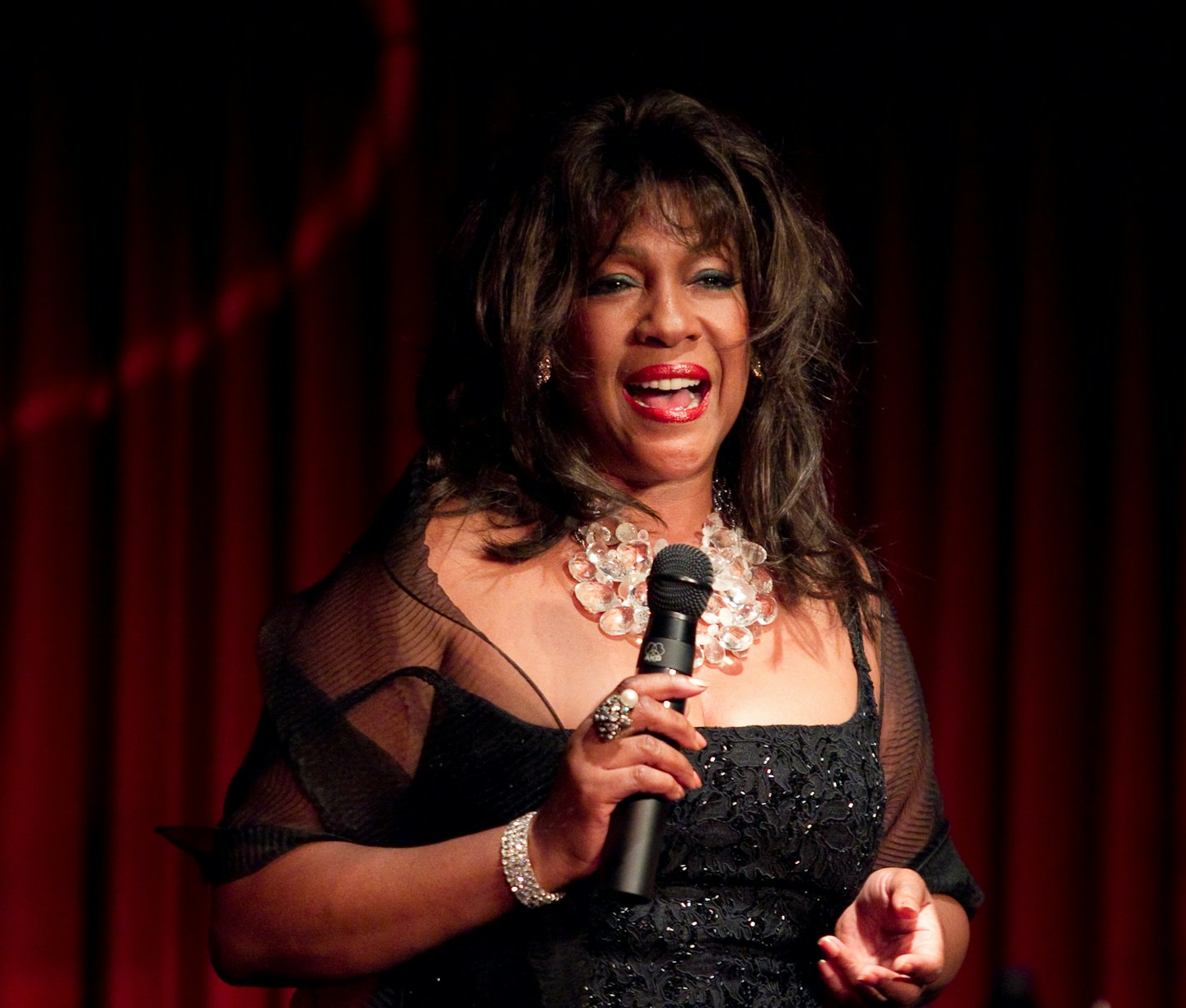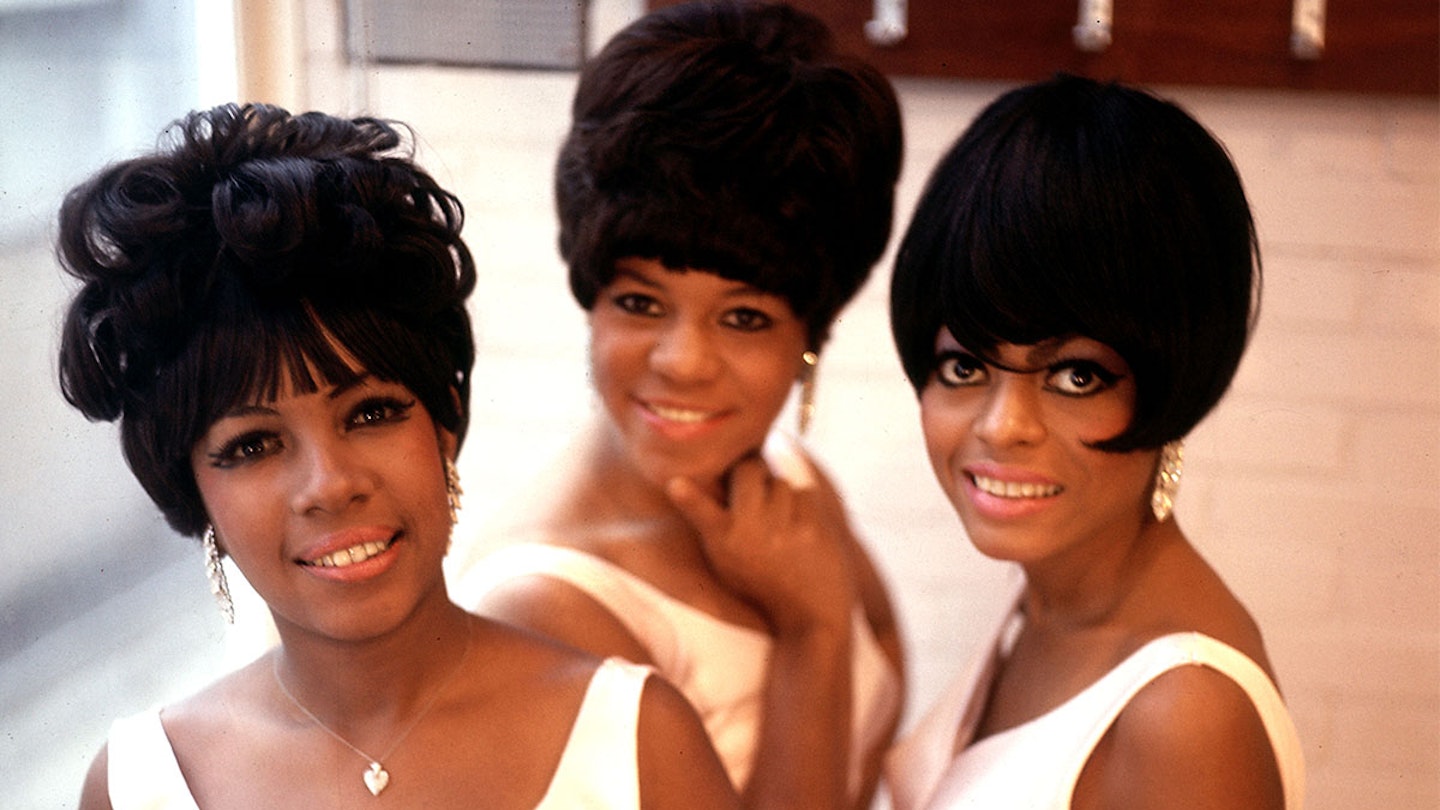The legendary Mary Wilson, co-founder of the Supremes has sadly passed away aged 76.
The founder of Motown Records, Berry Gordy, said in a statement: "I was extremely shocked and saddened to hear of the passing of a major member of the Motown family, Mary Wilson of the Supremes.
"The Supremes opened doors for themselves, the other Motown acts, and many, many others... I was always proud of Mary. She was quite a star in her own right and over the years continued to work hard to boost the legacy of the Supremes. Mary Wilson was extremely special to me. She was a trailblazer, a diva and will be deeply missed."
Just two days before her death, Mary uploaded a video on YouTube revealing that she was working on releasing new solo material, so this has come as a real shock to fans and those in the music industry.
Supremely talented
During the second half of the Sixties, the music of The Supremes captivated the world. Songs such as Baby Love, Stop! In the Name of Love, Come See About Me, The Happening and You Keep Me Hanging On, propelled the trio of singers to global stardom. Their endless succession of impossibly catchy and practically perfect pop hits produced 12 No.1 singles in the US charts alone between 1964 and 1970. Only three acts have ever achieved more: Elvis Presley, The Beatles and Mariah Carey.
In a decade during which much of American life was dominated by the battle over civil rights, the impact of three fashionable, attractive and talented young African-American musicians singing about such universal themes as love, heartbreak and money must have been enormous.

The Primettes
At the end of the Fifties, four teenage girls living in the Brewster-Douglass Housing Projects in Detroit decided to form a female version of a local group, The Primes. Florence Ballard and Mary Wilson had met at a talent show, Betty McGlown who was dating Primes member, Paul Williams, joined, and a fourth local girl, attractive with thin limbs and large eyes was also recruited. Her name was Diane Ross. The Primettes were complete.
In time, both The Primes and The Primettes would go onto greater things: The Primes joining the members of The Distants to form The Temptations while The Primettes became The Supremes, also signing with Berry Gordy’s new Motown label in 1961.
In the meantime, McGlown had left the group to have a family in 1960, and was replaced by Barbara Martin who left in 1962. Slow to break through and nicknamed ‘the no-hit Supremes’, Ballard, Wilson and Ross continued as a trio.
Good though they were, it took another trio, the talented Holland, Dozier and Holland, who began writing songs for them in 1963, to push them through to major success. The trio wrote eight of The Supremes’ 12 number ones including Where Did Our Love Go (1964), Baby Love (1964), I Hear a Symphony (1966) and You Can’t Hurry Love (1966).
Happening
The Supremes had come to prominence at a critical time in the African-American struggle for civil rights. Motown’s Berry Gordy was keen to capitalise on the ‘crossover’ appeal of the group. He made sure all his artists were taught how to act “properly”, and dance in an appropriate way with no shocking gyrations – all in a bid to remain “upscale” and appeal to white audiences.
The Supremes were encouraged to wear wigs to hide their Afros. Although this was a source of contention with many African- Americans, the band’s carefully styled, glamorous look was an inspiration to audiences at home, while many read powerful pro-equality meanings into their songs’ lyrics.
The Supremes were breaking new ground all the time. In December 1964, they became the first African-American act to appear on TV’s Ed Sullivan Show and they were the first group to appear on the front of a US TV guide magazine. Gordy’s next move to woo a white adult audience was to have The Supremes play at New York’s Copacabana club – home to distinguished acts such as Frank Sinatra, Perry Como, Tony Bennett and Nat King Cole. They received great reviews, which opened up even more opportunities on the nightclub circuit.
“We represented a social environment that was changing,” Mary Wilson said. “The experience we had known being black was not being bona fide citizens, not being able to drink out of the same water fountains, playing to segregated audiences. When that started to fall away, and you saw that music was one of the components that was helping it fall away, that’s when it really felt like we were doing something significant.”
Motown embodied the spirit of racial integration and by the late Sixties, The Supremes became more comfortable addressing directly political themes. In April 1968, Diana Ross delivered an emotional eulogy to Martin Luther King on the Johnny Carson Show, on the evening following King’s assassination. They also spoke in support of the Democrat candidate Hubert Humphrey who was narrowly beaten by Richard Nixon in that year’s Presidential election.
The Supremes had the world at their feet. But behind the scenes, they were not happy. Diane (known as ‘Diana’ from 1964 onwards) had been guilty of diva-ish behaviour from the start. Over time, it became clear her behaviour was being not only tolerated but actively indulged by Berry Gordy. Florence came to feel her contribution was undervalued as Gordy seemed increasingly fixated on promoting Diana above everything else.
Flo’s suspicions were not misplaced. Gordy had become obsessed with Diana. In April 1965, 35-year-old Gordy and the 20-year-old Ross became lovers. Gordy began giving Diana gifts, at one point buying her a white Rolls-Royce. Tension within the group mounted as Flo became increasingly dispirited, turning to drink.
After several changes to their line-up, The Supremes eventually disbanded in 1977. They had undoubtedly changed music forever. They also changed the world.
